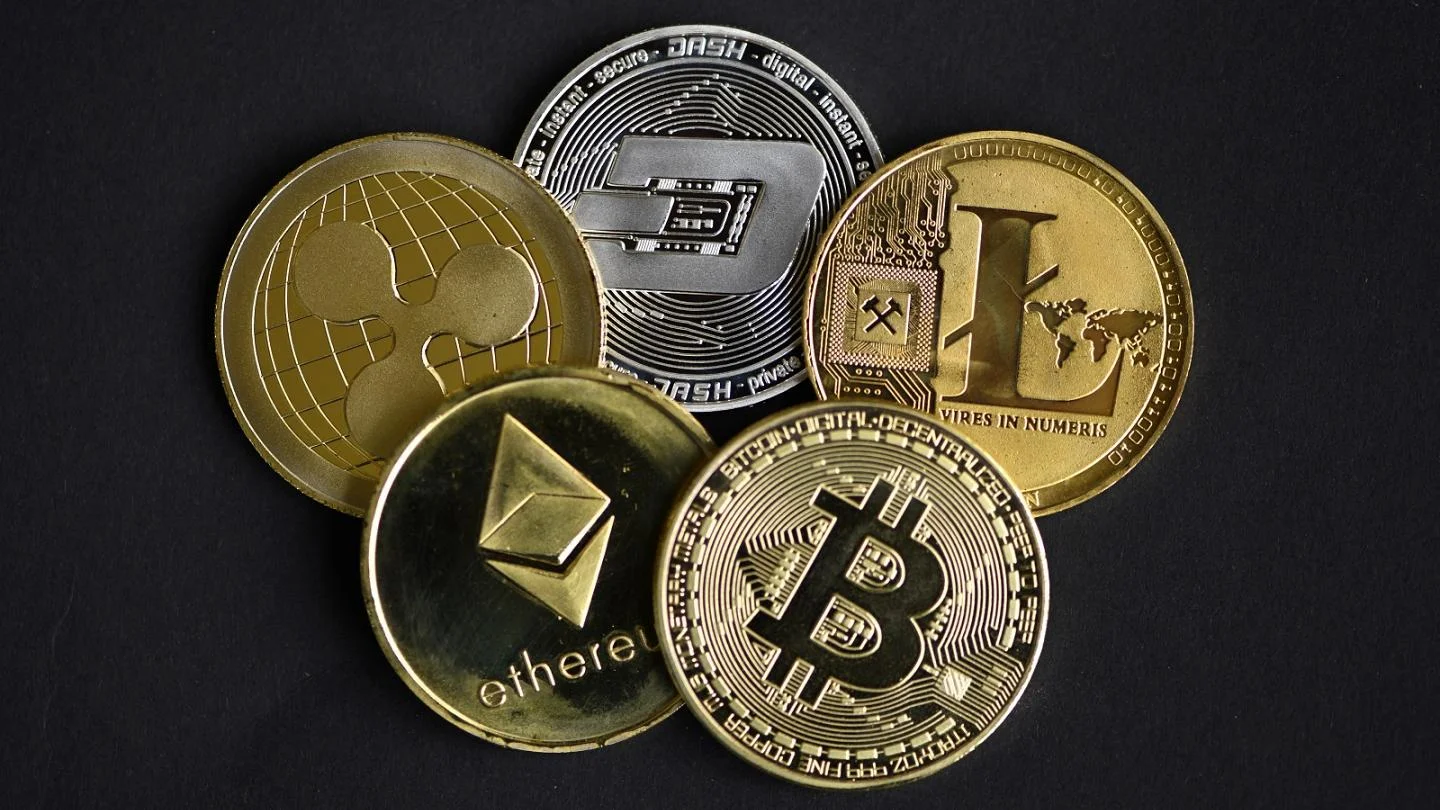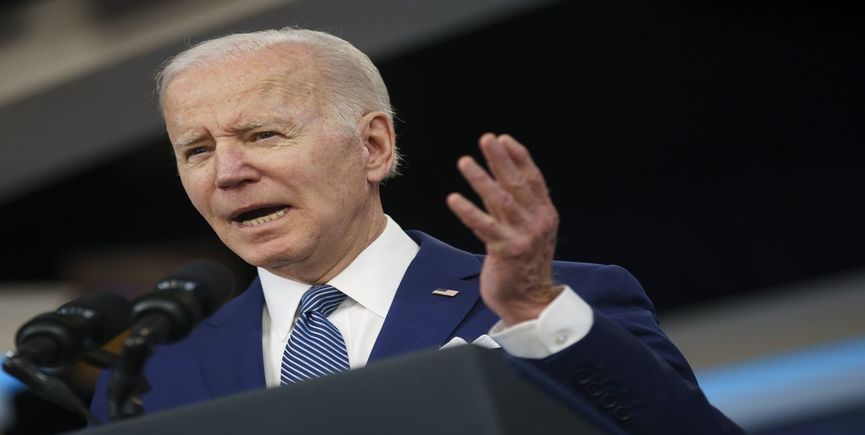
- September 26, 2021
China is once again cracking down on cryptocurrency - here's what that means and how it affects crypto investors in the United States.
The PBOC stated in a Q&A on its website that all crypto-related operations are prohibited in China, including services such as offering digital asset trading, order matching, token issuance, and derivatives. Furthermore, the PBOC stated that foreign crypto exchanges operating in mainland China are also illegal.
But it is nothing new from China.
Meltem Demirors, chief strategy officer at CoinShares, tells CNBC Make It that this is the 20th time China has outlawed bitcoin. “The bans are usually 'strange,' but this happens all the time and is seldom particularly spectacular in the grand scheme of things.”
Because of bitcoin's design, any government would find it impossible to properly outlaw it, according to James Ledbetter, editor of the fintech journal FIN and a CNBC contributor.
“I don't think that even a concerted effort including many governments and central banks will be able to effectively shut down bitcoin,” Ledbetter continued. “Technologically, I don't think it would be possible.” There are, however, ways to keep bitcoin under control.”
So, while each similar news from China creates an initial decline in the market, experts in the field believe that U.S. investors should be more concerned about the possible consequences from U.S. regulation of cryptocurrency.
Here's what you need to know, according to crypto specialist.
The ban on cryptocurrency in China isn't new
Since 2013, China has targeted bitcoin, prohibiting financial institutions from accepting bitcoin transactions, and has renewed its attack on the crypto industry over the years.
“It should come as no surprise that China dislikes bitcoin. It's the polar opposite of their top-down centralised currency control regime, according to Chris Bendiksen, CoinShares' head of research.
China announced new efforts to shut down crypto mining rigs that process and authenticate crypto transactions earlier this year, as well as reiterating its ban on Chinese financial institutions providing crypto-related services. It has stepped up its efforts to evict miners, and the PBOC has stated that it will increase its monitoring of crypto-related transactions.
China is sticking to its guns with its recent ban on all cryptocurrency-related operations.
Demirors believes that the Chinese government is motivated this time by the growth of its digital yuan and central bank digital currency.
China is also working to meet its climate goals, aiming to be carbon-neutral by 2060, and cryptocurrency mining, such as bitcoin, is incredibly energy-intensive and requires a lot of computer processing power.
As a result, some cryptocurrency holders in China and Hong Kong are scrambling to find a means to protect their holdings, according to CNBC.
Experts predict that investors in the United States will be little affected, if at all.
“Something can only be banned once. Every subsequent prohibition is an admission that you couldn't ban it at all,” adds Demirors.
Impact in the United States
The main consequence of China's crypto crackdowns on US investors is that "it could impact market volatility for investors," according to John Wu, president of Ava Labs, a team assisting the development of the Avalanche blockchain.
Indeed, after the PBOC's Q&A, bitcoin dropped 4% in 24 hours and is now trading at roughly $43,020, according to CoinMarketCap. Ether is currently trading at about $2,973 after falling 6%.
Part of the reason why financial professionals advise people to only invest what they can afford to lose in cryptocurrencies is because of its volatility. Critics of cryptocurrency markets argue that they are hazardous and speculative, and that additional Chinese regulation could exacerbate the market's volatile price swings.
Experts are more concerned about regulation in the United States than in China.
The greater risk, according to Demirors, is that the US regulatory structure imitates China. “The District of Columbia has become increasingly aggressive in its crypto enforcement, and crypto is obviously seen as a threat to the government's ability to oversee markets.”
Regulators in the United States have recently increased their scrutiny of the cryptocurrency industry.
The Securities and Exchange Commission's chairman, Gary Gensler, has been vociferous about the need to regulate crypto markets, with the SEC working around the clock to develop a set of rules. Others have expressed concerns about the space, including Federal Reserve Chairman Jerome Powell and US Treasury Secretary Janet Yellen.
Wu notes that depending on the approach, regulation in the crypto industry might drive innovation out of the United States.
Crypto start-ups will flow to crypto-friendly regions and countries, as we've seen with bitcoin miners fleeing China and moving to the United States in states like Texas and Wyoming,” Wu said. “By taking reasonable, well-considered actions, the United States can establish itself as a haven for the future of crypto and establish itself as a global economic hub in the decades ahead.”
Others, on the other hand, feel that well-considered regulation would benefit the crypto business in the United States.
Anjali Jariwala, a certified financial planner, certified public accountant, and the founder of Fit Advisors, previously stated, "I don't see how a business as vast as crypto could continue to exist without any regulation or control." “I believe [it is] a crucial first step if people want crypto to become more of a mainstream asset.”



















